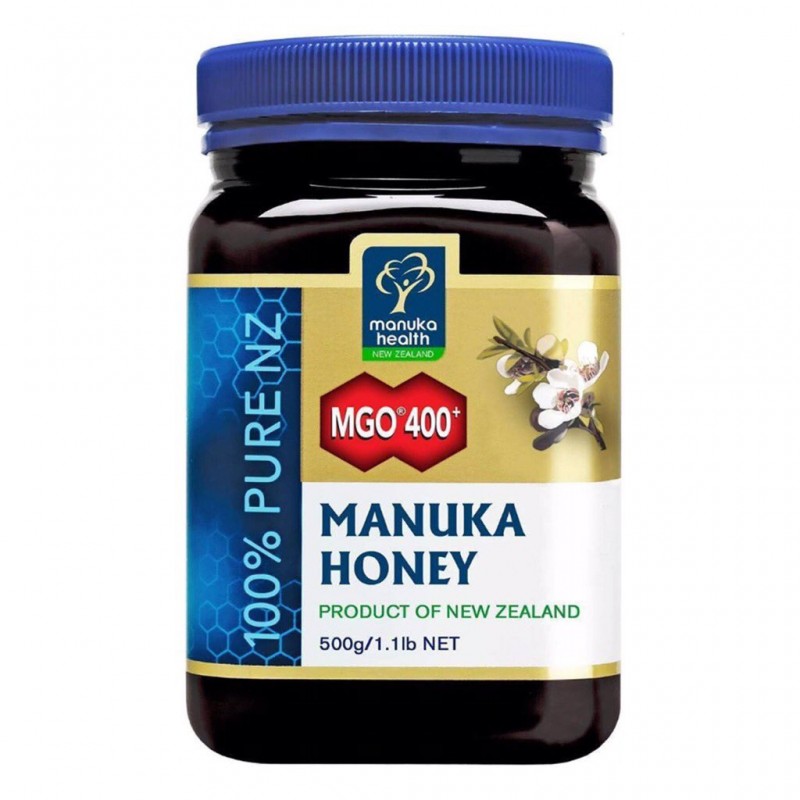Hydrogenated oils are a type of fat that food manufacturers use to keep foods fresher for longer.
Hydrogenation is a process in which manufacturers add hydrogen to a liquid fat, such as vegetable oil, to convert it into a solid fat at room temperature.
There are two types: partially hydrogenated and fully hydrogenated.
Partially hydrogenated oils
They have partial hydrogen added, so they contain large amounts of artificial trans fats. Foods that contain them include:
Most baked goods
•Margarine
coffee whiteners
•snacks
It can raise bad cholesterol and lead to health complications
Fully hydrogenated oils
A process is also used to take liquid oil and turn it into a solid at room temperature. As the name implies, the oil is completely or almost completely hydrogenated, which reduces the amount of trans fats in the final product.
Uses of hydrogenated oils
Food manufacturers add hydrogenated oils to foods for several reasons, including:
Cutting costs
Preserving foods
Texture enhancement
Taste improvement
Side effects of hydrogenated oils
Hydrogenated oils, especially partially hydrogenated oils, have a number of potential side effects that can negatively affect a person's health, including that they raise low-density lipoprotein cholesterol (LDL) and lower good cholesterol, which may cause cardiovascular disease.
My advice
The easiest way to avoid hydrogenated oils is to avoid processed foods. A person should make whole foods, including vegetables, fruits, nuts, lean proteins and unsweetened dairy products, part of a regular diet.


